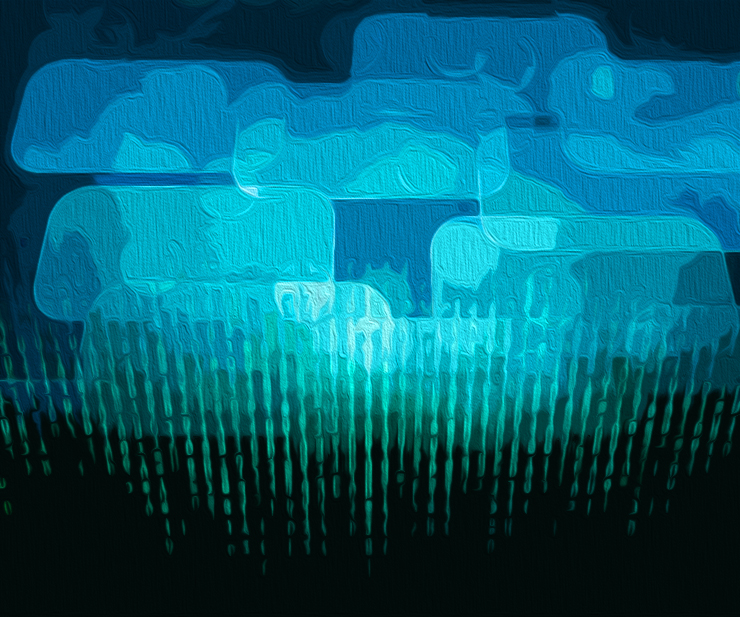A judge involved in the legal battle between The New York Times and OpenAI drew a comparison between the AI company and a video game developer. The New York Times has taken legal action against OpenAI, alleging copyright infringement, among other claims.
The Lawsuit and Denial of Information Request
The New York Times initiated the lawsuit against OpenAI in December, asserting that the AI company utilized their articles without proper authorization to train ChatGPT. In response, OpenAI sought details about the Times' use of generative AI technology, including tools from other providers and internal AI development for journalistic purposes.
However, Judge Ona T. Wang declined OpenAI's request, deeming it irrelevant. To clarify her decision, she likened OpenAI to a video game manufacturer and The New York Times to a copyright holder in a hypothetical scenario involving a legal dispute between the two entities.
Discovery Phase and Data Deletion Incident
The case has progressed into the discovery phase, where both parties gather and exchange evidence before the trial. In a recent development, it came to light that OpenAI engineers inadvertently deleted evidence that Times' legal representatives had collected from their servers. Despite spending significant time recovering the data, there is no evidence of intentional deletion.
Notably, this legal battle is one of several copyright infringement cases filed against OpenAI by various media organizations and authors. Some cases have been dismissed due to a lack of demonstrable harm caused by OpenAI's actions.
Author Lawsuits and Response from OpenAI
Comedian Sarah Silverman and numerous authors lodged a complaint against OpenAI, alleging unauthorized use of their books for training ChatGPT. The complaint highlights OpenAI's use of copyrighted materials without consent, acknowledgment, or compensation.
OpenAI's defense strategy involves sourcing information from publicly available online data, collaborations with third-party entities, and content provided or generated by users, researchers, or trainers. Despite facing legal challenges, OpenAI continues to develop ChatGPT and other services.
In a separate development, Silverman expressed the challenges of pursuing legal action against OpenAI, citing the company's substantial resources and influence. While some media organizations have chosen to partner with OpenAI, others, like The New York Times, are engaged in legal disputes with the AI firm.
As the legal proceedings unfold, both OpenAI and The New York Times have refrained from immediate comments on the matter when approached by Business Insider for a response.
—————————————————————————————————————————————
By: lvaranasi@insider.com (Lakshmi Varanasi,Lauren Edmonds)
Title: A Judge’s Comparison of OpenAI to a Video Game Company in Copyright Infringement Case
Sourced From: www.businessinsider.com/openai-copyright-lawsuit-new-york-times-video-game-company-2024-11
Published Date: Sat, 23 Nov 2024 20:25:27 +0000





Leave a Reply